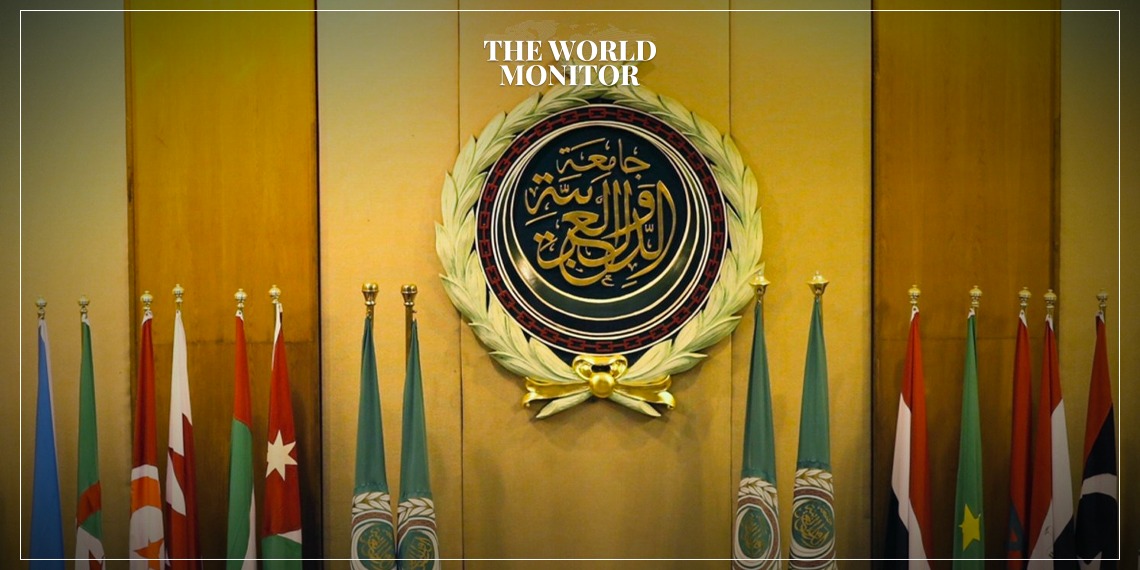Ali bin Ibrahim Al-Maliki, the Assistant Secretary-General and Head of the Economic Affairs Sector at the Arab League, emphasised the importance of international and regional cooperation in addressing natural disasters in Arab countries.
He highlighted the need for joint efforts and knowledge exchange to enhance the Arab states’ capacity to effectively tackle challenges and safeguard communities and the environment.
Al-Maliki’s remarks were made during the second meeting of Arab ministers concerned with disaster risk reduction, which commenced on Wednesday at the headquarters of the Arab League.
He noted that the meeting’s timing is crucial as the Arab region has faced significant repercussions from various natural hazards over the past few decades, including droughts, desertification, dust and sand storms, floods, extreme weather events, wildfires, hurricanes, geological dangers like earthquakes and landslides, climate change, and man-made disasters.
Al-Maliki stressed the priority of disaster risk reduction in the Arab region through enhanced cooperation and coordination among Arab states to minimize economic and human losses.
He also addressed the ongoing “21st-century disaster,” referring to the “brutal and barbaric Israeli aggression against the Palestinian people,” which has continued since last October.
He described this as a series of severe war crimes and genocide, with the Israeli occupation committing killings, intimidation, and starvation against civilians, including women, children, and the elderly.
In this context, Al-Maliki affirmed the Arab League’s steadfast position on the Palestinian issue, condemning the aggression and violations against the Palestinian people and reiterating the league’s resolutions calling for the immediate lifting of the blockade on Gaza and the urgent delivery of humanitarian aid, food, and fuel.
He mentioned that there is an Arab political commitment to disaster risk reduction, but it requires further enhancement through effective implementation methods.
He recalled that since the establishment of the coordination mechanism among Arab agencies dealing with natural disasters and emergencies at the summit in Algiers in 2005, the Arab League has been significantly focused on the disaster risk reduction agenda, culminating in the adoption of the Arab Strategy for Disaster Risk Reduction 2030 during the Arab summit held in Dhahran in 2018.
Al-Maliki highlighted the league’s efforts through the Technical Secretariat for the Arab Coordination Mechanism to build significant Arab regional and international partnerships that have greatly enhanced joint Arab cooperation in disaster risk reduction fields.
He concluded his speech by expressing hope for the meeting’s success in issuing decisions that will contribute to achieving the goals of Arab integration in disaster risk reduction, serving the countries and communities of the region amidst the significant challenges posed by both natural and man-made disasters.






